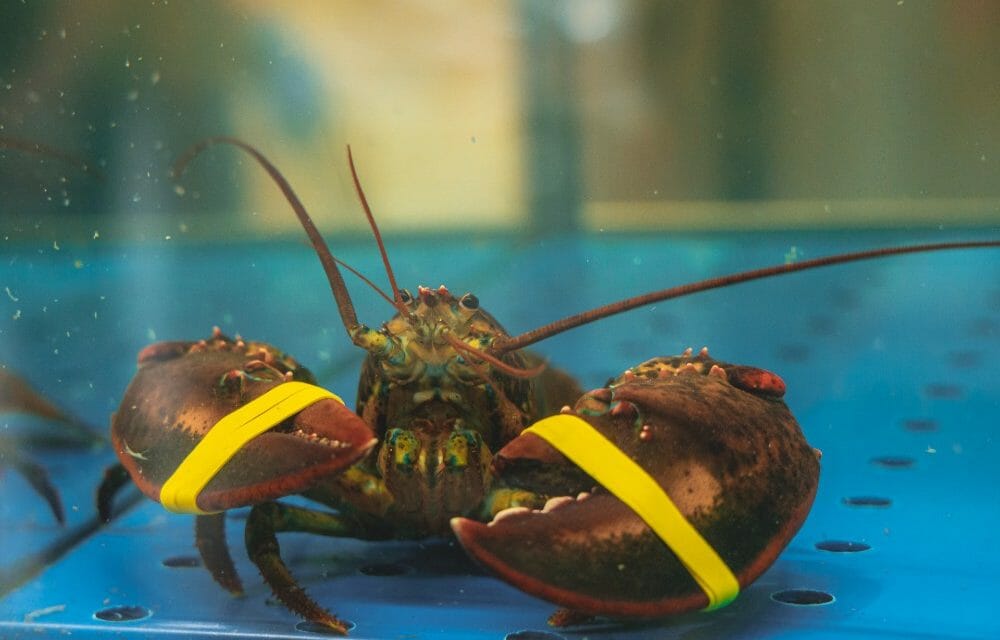


But I would see this … as a problem if they still leave millions of animals in commercial practices that are treated the same as before,” said Ellwood, who has worked with crustaceans for 30 years. “This is a step forward and if people are happy to accept that decapods are sentient and experience pain, then they should be given some protection.

He welcomed the potential legislative development, but said it must be applied to the commercial fishing industry as well as scientists. Robert Ellwood, professor emeritus at the school of biological science at Queen’s University Belfast, authored the research that found crabs and lobsters feel pain. This means that no licences or training are required before they can be used in procedures that can cause pain, suffering or distress. They are not included in the Animals (Scientific Procedures) Act 1986, unlike mice, octopuses and various other animals. This could result in restrictions on how crabs and lobsters can be treated when experimented on. The new legislation, which is awaiting royal consent after being approved by parliament this month, means ministers must consider the sentience of animals when implementing policy. Where do you draw the line?”Ī compromise suggested by the report is to electrocute the creatures before boiling them.īut North Norfolk Fishermen’s Society chair John Davies gave the idea short shrift, saying that “water and electricity don’t go together very well”.Because scientists do not have to register how many crustaceans and decapods they experiment on, there are no numbers for how many are used.īut because they breed quickly and are sensitive to pollutants, they are frequently used in experiments, especially those that look into how different types of pollution affect the body.īut this could be about to change, Home Office sources said after crabs and lobsters were recognised as sentient beings which could feel pain.

“As a fisherman, you get the feeling that there is a force in this country which won’t stop until there are no fishermen left whatsoever.”Īsked whether he thought crabs and lobsters were sentient, Mr Lee said he didn’t know but added: “I guess until we are all just eating plants they won’t be happy anyway. Mr Lee said his “forefathers would pull their hair out” at the number of regulations being placed on the fishing industry. This method is referred to in the report as “osmotic shock” and the authors recommend that it too be banned if a more humane option is available. He kills Cromer crabs, on the other hand, by placing them in lukewarm water with no salt in it - “about the temperature that you would bath a baby in” - which he emphasised “sends them to sleep” over the course of some twenty minutes or more. Mr Lee said boiling “instantly kills” a lobster, and “tightens up the meat, which gives the meat its flavour and enhances the taste”. When it comes to slaughtering the creatures, the report suggests "double-spiking" crabs and "whole-body splitting" lobsters, or using electrocution to ensure as quick a death as possible.įisherman Mr Lee said the report's suggestion that lobsters should not be boiled was “a total nonsense”. Crabs should not have to endure cruel practices like de-clawing, the report recommends, and nor should they ever be sold to non-expert handlers for onward sale.


 0 kommentar(er)
0 kommentar(er)
